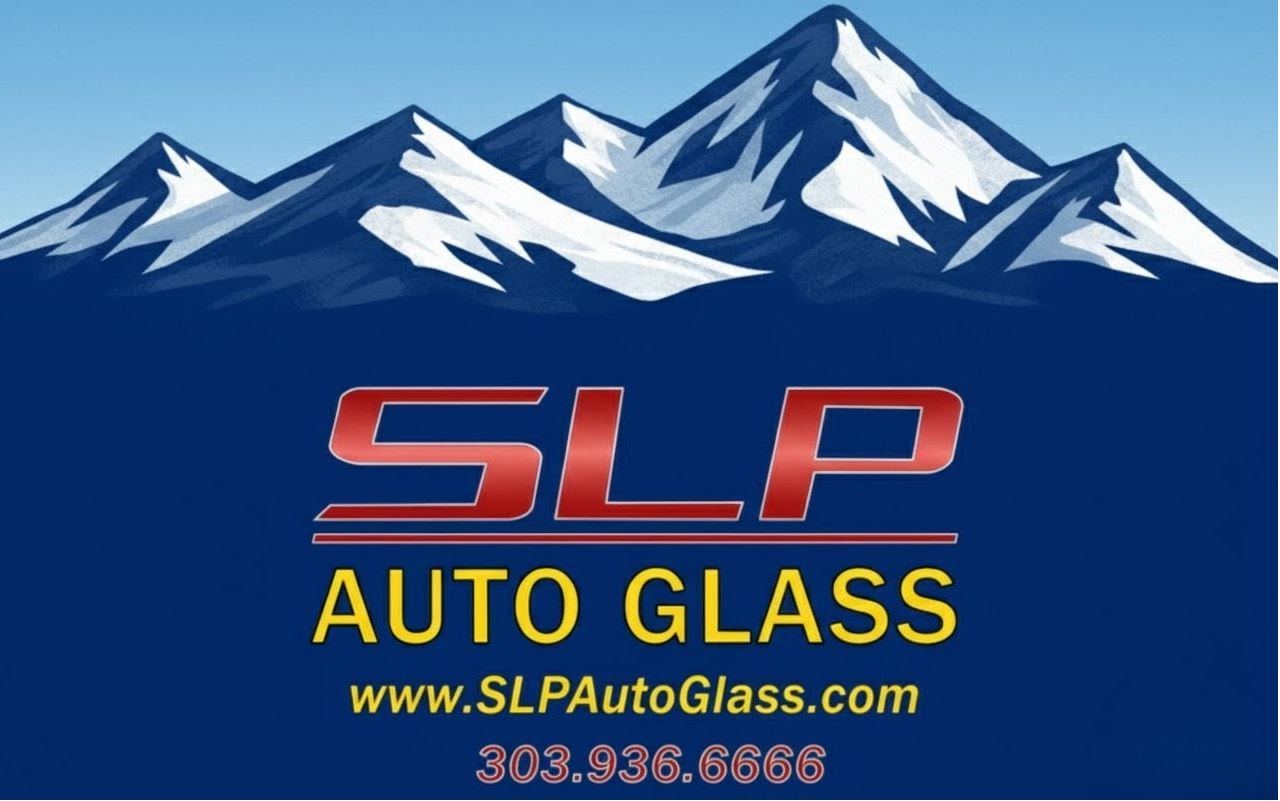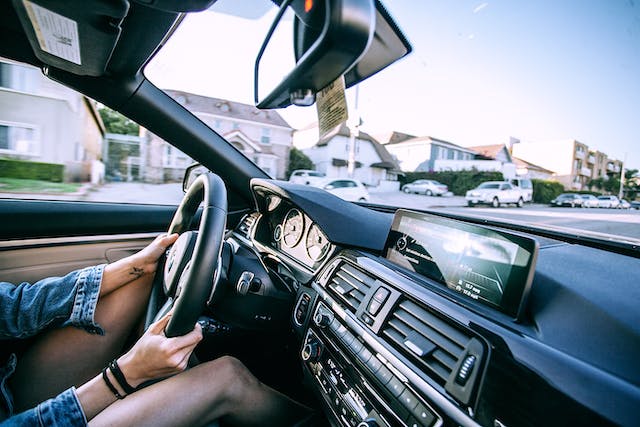Replacing auto glass is a critical service, especially in areas like the Denver Metro where vehicles are exposed to various environmental conditions. While the process is generally straightforward, customers often face common issues post-replacement. Understanding these problems and knowing how to troubleshoot them can save time, money, and ensure safety.
The Importance of Professional AutoGlass Replacement
Professional installation of auto glass is paramount to ensure the safety and longevity of your vehicle’s windows. This section will delve into why choosing expert services in the Denver Metro area is crucial for a successful replacement.
Identifying Common Issues After Replacement
After having your vehicle’s auto glass replaced, especially in a region like the Denver Metro area, it’s important to be vigilant about potential issues that could arise. These issues might range from minor inconveniences to significant safety concerns. Identifying these problems early can help in applying quick fixes or seeking professional assistance before they escalate. Here are some of the most common issues that customers might encounter after auto glass replacement:
Improper Seal and Fitting
One of the primary concerns post-replacement is the seal and fitting of the new glass. An improperly fitted glass can lead to several problems:
- Wind and Water Leakage: Gaps or poor seals can allow wind and water to enter the vehicle, leading to discomfort and potential interior damage.
- Increased Noise: A common complaint is increased road noise, which can be attributed to gaps between the glass and the vehicle frame.
- Visual Distortions: Incorrectly installed glass can lead to visual distortions, which are not just annoying but can be a hazard while driving.
Understanding the signs of improper seal and fitting is crucial for early detection and correction.
Adhesive Failure
The adhesive used in auto glass installation plays a crucial role in the overall stability and effectiveness of the replacement. Issues with adhesive can include:
- Incomplete Curing: If the adhesive hasn’t cured properly, it might not hold the glass firmly, leading to movement and potential breakage.
- Quality of Adhesive: Poor-quality adhesives can fail under Denver’s variable weather conditions, leading to the loosening of the glass.
- Application Errors: Incorrect application techniques can compromise the bond between the glass and the vehicle frame.
Identifying adhesive failures early can prevent more significant problems down the line.
Mechanical and Electrical Issues
In modern vehicles, especially those with advanced features like rain sensors or heating elements, auto glass replacement can sometimes lead to mechanical or electrical issues:
- Sensor Malfunctions: Incorrectly mounted sensors can lead to features like automatic wipers malfunctioning.
- Heated Windshield Problems: For vehicles with heated windshields, improper installation can disrupt the heating functionality.
Awareness of how auto glass replacement can impact these features is essential for maintaining vehicle functionality.
Residual Debris and Cleaning Concerns
Post-installation, residual debris from the installation process can cause issues:
- Glass Fragments: Small fragments of glass might be left behind, which can be hazardous.
- Cleaning Chemical Residue: Improper cleaning or the use of harsh chemicals can leave residues that might obscure visibility or damage the new glass.
Proper post-replacement cleaning is critical to avoid these issues and ensure clear visibility.
Calibration Discrepancies
In vehicles equipped with advanced driver-assistance systems (ADAS), calibration of components like cameras and sensors is critical post-replacement. Issues can arise if this recalibration is not done accurately:
- Camera Misalignment: This can lead to incorrect feedback to ADAS, affecting features like lane departure warnings and adaptive cruise control.
- Sensor Inaccuracy: Misaligned sensors can impair the vehicle’s ability to accurately detect external conditions, impacting safety features.
Ensuring proper calibration of ADAS components is essential for maintaining the vehicle’s safety functionalities.
Temperature and Pressure Effects
The Denver Metro area experiences a wide range of temperatures, which can affect auto glass post-replacement:
- Thermal Stress: Extreme temperature variations can cause stress on newly installed glass, leading to cracks or weakened integrity.
- Pressure Changes: High altitude areas like Denver can result in pressure differences that impact the seal and fitting of the auto glass.
Being aware of how environmental factors can affect auto glass helps in taking preventative measures to protect the replacement work.
By understanding and identifying these common issues, vehicle owners in the Denver Metro area can ensure their auto glass replacement provides the safety, comfort, and visibility necessary for their driving needs.
Content reviewed and published by SLP AutoGlass Editorial Team.

